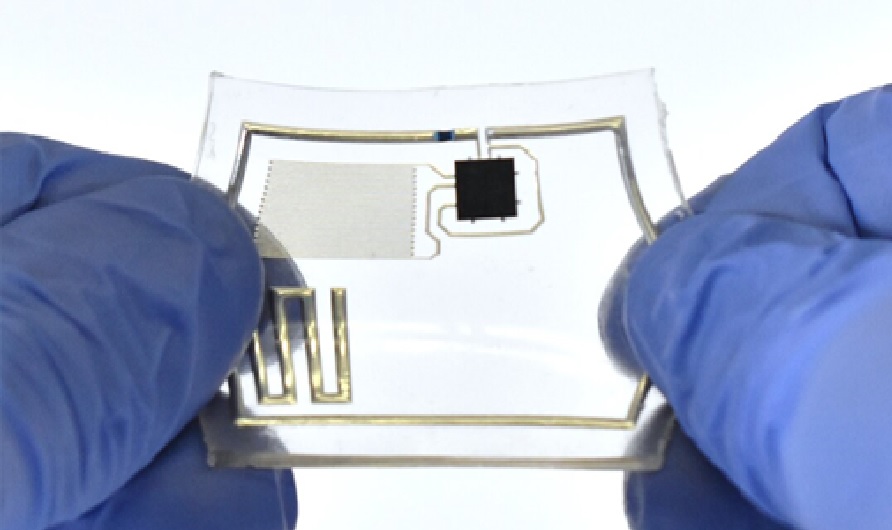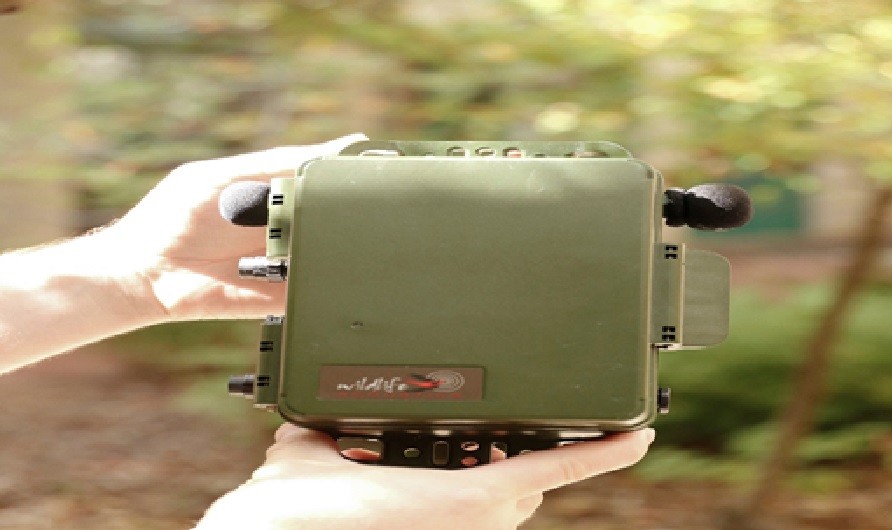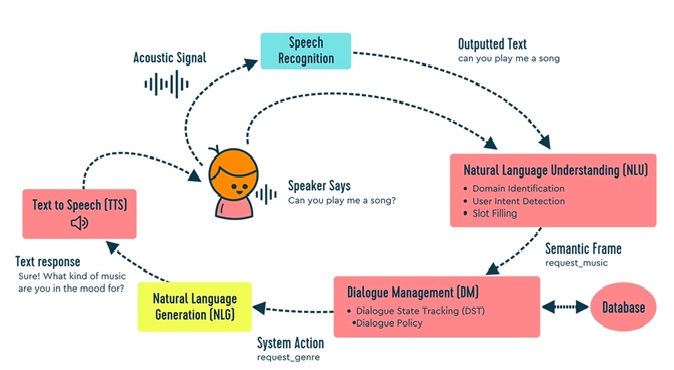Robotic IVC Thrombectomy Safe, Effective Treatment for Kidney Cancer
Robotic IVC thrombectomy, a kidney surgery for the removal of cancer from the vena cava vein, is in no way inferior to the standard open IVC thrombectomy, a new study has revealed. It suggests that robotic IVC thrombectomy was a highly safe and effective alternative approach. The study was conducted by the researchers at the Mays Cancer Center and Department of Urology at UT Health San Antonio, in the US. The study was published in the Journal of Urology.
The effects of kidney cancer are not just limited to kidneys and can invade the body's biggest vein, the inferior vena cava (IVC), in advanced stages. The IVC carries blood out of the kidneys back to the heart. And there's a fair chance that cancer may even infiltrate the liver and heart through the IVC. [1]

Figure 1. Robotic IVC Thrombectomy Safe, Effective Treatment for Kidney Cancer
Figure 1 shows During a robotic-assisted radical nephrectomy with IVC thrombectomy, vascular surgeons, cardiac surgeons, transplant surgeons and urologic oncology surgeons all work together to remove the patient’s affected kidney and tumor. A surgeon-controlled camera provides the team with 3D views of the procedure and “improved dexterity and precision,” which the study’s authors wrote “has revolutionized the field of urologic oncology.”
These procedures have been slowly gaining popularity since 2011, but they remain incredibly complex on a technical level. The open surgery approach, Kaushik said, “remains the gold standard for achieving excellent surgical control.” [2]
Findings
The results are encouraging and indicate further study of robotic IVC thrombectomy is warranted. The robotic approach in comparison with open was associated with:
- Fewer blood transfusions: 18% of robotic patients required transfusions compared to 64% of open patients.
- Fewer complications: 5% of robotic patients experienced complications such as bleeding compared to 36.7% of open thrombectomy patients.
These large, technically challenging surgeries last eight to 10 hours and involve a multidisciplinary team of vascular surgeons, cardiac surgeons, transplant surgeons and urologic oncology surgeons, Kaushik said. [3]
“This study is the largest meta-analysis analyzing the outcomes of robotic versus open IVC thrombectomy,” Kaushik said. “In more than 1,300 patients, we found that overall complications were lower with the robotic approach and the blood transfusion rate was lower with this approach.
“That tells us there is more room for us to grow and refine this robotic procedure and to offer it to patients who are optimal candidates for it,” Kaushik said. “Optimal candidacy for a robotic surgery should be based on a surgeon’s robotic expertise, the extent and burden of the tumor, and the patient’s comorbid conditions.” [4]
References:
- https://gadgets360.com/science/news/robotic-ivc-thrombectomy-surgery-kidney-cancer-safe-effective-study-3275832
- https://cardiovascularbusiness.com/topics/clinical/vascular-endovascular/robotic-ivc-thrombectomy-safe-effective-alternative-open
- https://www.sciencedaily.com/releases/2022/08/220819142950.htm
- https://www.technologynetworks.com/cancer-research/news/robotic-kidney-cancer-surgery-is-safe-and-effective-study-finds-364912
Cite this article:
Thanusri swetha J, Robotic IVC Thrombectomy Safe, Effective Treatment for Kidney Cancer, AnaTechMaz, pp.181















